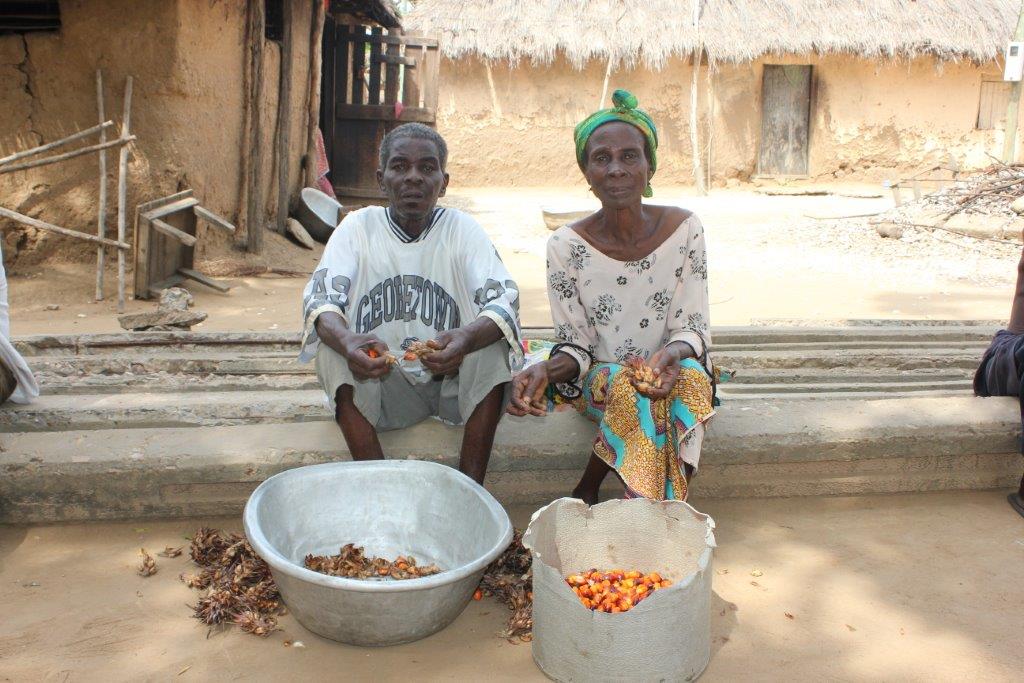Although men and women are considered equal under law, women still face discrimination in remote areas like Volta, Ghana. There are incidences of domestic violence, and girls have a higher school drop-out rate.

Well defined gender roles exist in Ghana where women are expected to perform unpaid domestic labour rather than work for an income, which limits their independence. Girls are more likely to be impoverished, denied education, malnourished and in danger of physical violence. But when girls are given an education, safe homes and care, they are better equipped to help themselves and their families to escape poverty. For every year a girl stays in school, her income can increase by 15% to 25%.
Girls’ and women’s rights are human rights, so Plan Canada has been working on creating awareness and education to further gender equality in Volta. Through Community Sponsorship, Plan has been helping raise awareness by establishing call-in radio shows promoting gender equality, mounting educational street theatre and creating murals encouraging men to get involved, especially in infant/maternal care.
“The women’s workload is truly amazing — their daily chores are overwhelming to me: they gather firewood and look after the children, and not only their own. They care for the elderly, haul heavy buckets of water from the lake or river a few times daily, prepare all the meals, keep the fire roaring, make crafts they can sell at the market to bring in a small income to the family — their responsibilities are endless,” says Global’s Seanna Collins.
Seanna traveled with Plan to Volta and witnessed firsthand the challenges women in that community face today.
Men have an important role to play by supporting their wives and daughters to reduce the burden of domestic chores and child care. They come to realize that their participation has an impact on the strength of the family and improves their quality of life, says Seanna.
“I had the chance to talk to the leader of a newly-formed Daddies’ Club and learned that this group of men is extremely open to working with their wives to ensure not just a happier home but also a healthier family.” One of the results of their cooperation is the improved education opportunities for their daughters.
Traditionally, education is considered secondary to women’s roles as wives and mothers. In Ghana, 50% women are illiterate compared to 28% of men. And even when they are enrolled in school, young girls disproportionately take on domestic duties, which disrupts their education and takes time away from homework and study.
More equality within the family means that girls get the same opportunity not only to excel at school but to also stay in school. Plan runs a five-day girls’ vocational camp for 100 girls at risk to educate them about gender roles, health and equality. They are led through activities that build confidence, introduce them to female role models and provide career guidance in non-traditional fields such as math and science. These girls go on to share their knowledge with other girls.
Wherever gender equality programs are in place, women are excited about the change and families experience less conflict. Understanding gender equality has had a dramatic impact on health care, water, children, education, and violence.
Plan Canada is expanding its work in Volta to help even more girls and families. You can help by being part of the Edmonton Challenge: Plan is looking for 800 individuals or families to support Plan Canada’s Volta Community Sponsorship. A pledge of $39/month helps the community develop the tools and skills to strengthen families and break the cycle of poverty and begin a cycle of progress. You can learn more at plancanada.ca/edmonton-challenge .


